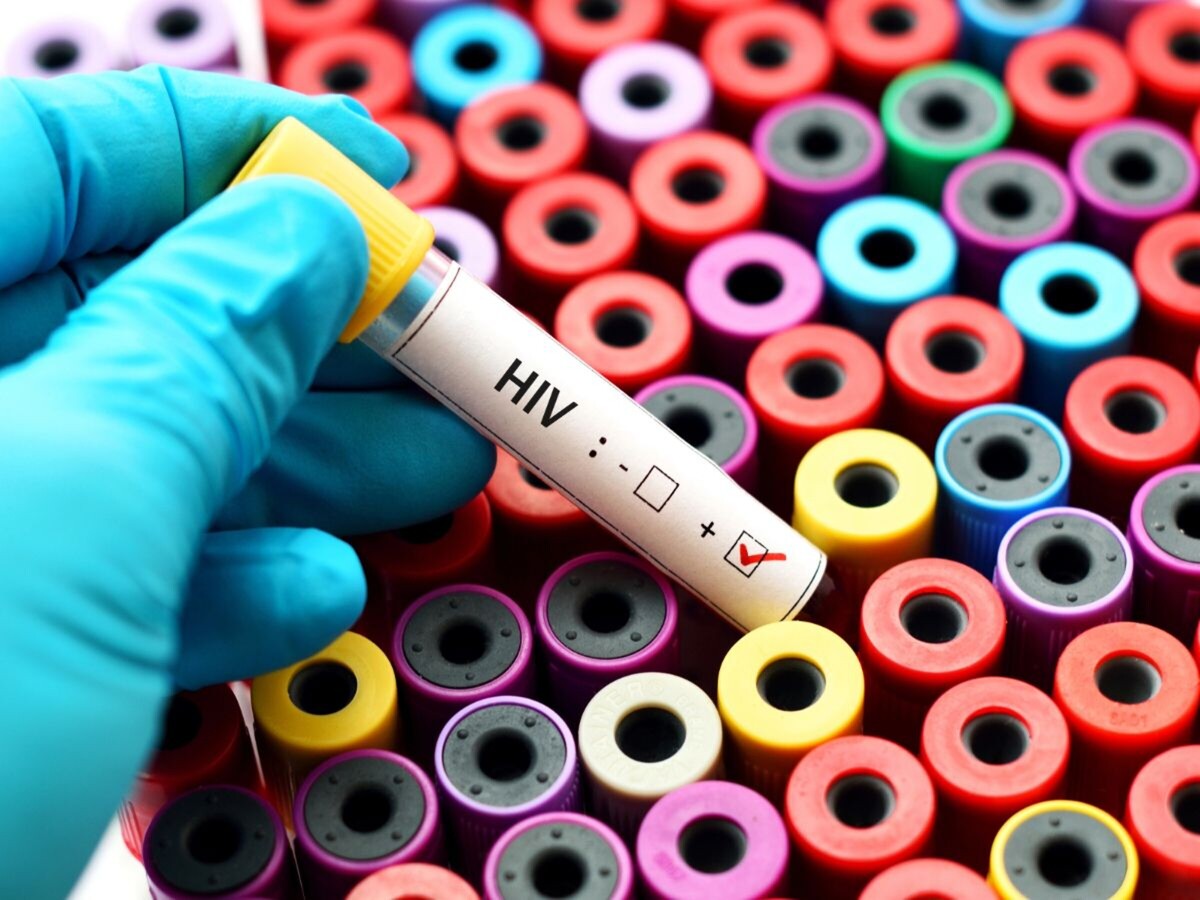Governor Murphy Launches Advisory Council on HIV, STIs, and Viral Hepatitis
New body expands the state’s public health focus to address a wider range of communicable diseases.
TRENTON – Governor Phil Murphy has signed Executive Order No. 381, establishing an Advisory Council on HIV, STIs, and Viral Hepatitis (Advisory Council) to strengthen New Jersey’s efforts to combat these communicable diseases, particularly as federal public health resources have been recently curtailed. Building on the 20-year-old Governor’s Advisory Council on HIV/AIDS and Related Blood Borne Pathogens, this new group—headed by the New Jersey Department of Health—aims to confront rising cases of HIV, sexually transmitted infections (STIs), and viral hepatitis, with special attention to the disproportionate impacts on Black, Hispanic, Latino, and LGBTQIA+ communities.
"For decades, the State has been hard at work to combat the HIV epidemic and, while we have made progress, more work remains to prevent transmission and to support the long, healthy lives of those living with HIV/AIDS. My action today is prompted by the devastating, disproportionate impact of this disease in New Jersey’s LGBTQIA+ communities and communities of color. Paired with the increasing threat of STIs and viral hepatitis, now more than ever it is critical to continue pursuing initiatives that will keep our state and residents healthy. We cannot waver when it comes to public health," said Governor Murphy.
Expanded Mandate and Responsibilities
Under the executive order, the Advisory Council will:
- Coordinate Public and Private Efforts: Work among agencies, health care providers, nonprofits, and community groups to enhance awareness and education about disease prevention and treatment.
- Develop Strategies to Curb Transmission: Identify or implement solutions to address the HIV epidemic (with the goal of ending HIV in New Jersey by 2025), and reduce incidence of STIs and viral hepatitis.
- Recommend Policies to Reduce Disparities: Suggest measures to improve health outcomes, address systemic inequities, and bridge gaps in care—particularly for populations at higher risk.
Structure and Goals
- Leadership: The Advisory Council is chaired by the Commissioner of the New Jersey Department of Health (or a designee) and includes senior officials from multiple state agencies.
- Legislative Input: The Senate President and Assembly Speaker each will recommend two members from the Legislature to serve.
- Community Expertise: The Commissioner of Health will appoint at least 25 public members, representing a diverse range of health professionals, policy experts, advocacy groups, and individuals with direct experience managing HIV, STIs, or viral hepatitis.
"HIV, STIs, and viral hepatitis are core public health issues," said Health Commissioner Kaitlan Baston, MD, MSc, DFASAM. "By bringing the Advisory Council under the Department of Health, we can efficiently coordinate efforts to deliver integrated care and support services to address these often-intertwined infections. Today, the Murphy Administration is strengthening our ability to more nimbly tackle these challenges, which we will do through high-level cooperation with the communities who need them most. As Health Commissioner, I also remind everyone that knowing your HIV status can be lifesaving for this treatable chronic disease."
Timing and Rationale
Governor Murphy’s executive order comes in response to:
- The urgent need for expanded public health guidance in the face of alleged federal rollbacks of crucial information and resources.
- Existing commitments, such as New Jersey’s End the HIV Epidemic Plan, which aims to reduce new HIV infections, promote widespread testing, and link people living with HIV to comprehensive care.
By rescinding Executive Order No. 61 (2003) and replacing it with Executive Order No. 381, Governor Murphy broadens the scope of the state’s advisory infrastructure. The updated Advisory Council intends to uphold public health priorities, combat systemic inequities, and ensure access to life-saving interventions for individuals statewide.















